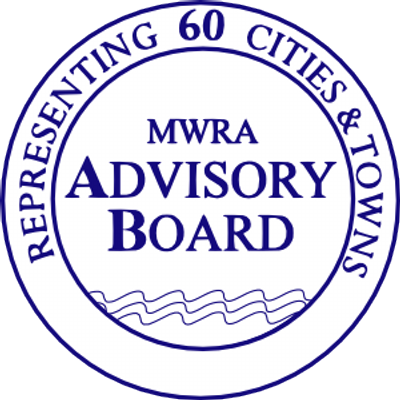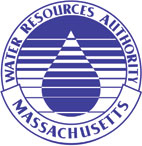The Massachusetts Water Resources Authority announced today that its Board of Directors has approved a program to make available $100 million in interest-free loans to its member water communities to fully replace lead service lines.
“I am proud that Massachusetts is taking proactive measures to ensure that residents have continued access to clean drinking water,” said Governor Charlie Baker. “The loans being provided by the Massachusetts Water Resources Authority will allow communities to take the steps necessary to modernize their drinking water infrastructure, and keep Massachusetts' families safe and healthy.”
“By making $100 million in interest-free loans available to cities and towns within the Massachusetts Water Resources Authority service area, we are providing municipal leaders with the tools needed to ensure healthy, clean drinking for individuals and families around the Commonwealth,” said Lieutenant Governor Karyn Polito.
“Clean, safe drinking water for the residents of the Commonwealth is a priority of the Baker-Polito Administration, and this investment of $100 million will help cities and towns in the MWRA service area proactively address aging lead pipes within their communities,” said Secretary of Energy and Environmental Affairs Matthew Beaton, who also serves as chairman of MWRA’s Board of Directors. “The zero-interest loans awarded to municipalities by the MWRA will allow them the flexibility to create their own local programs to fully remove lead service lines from the water main all the way to the home, and will in turn ensure individuals have access to safe, fresh, reliable drinking water.”
MWRA has an aggressive and effective program to address lead in customers’ homes which includes a stable and well-protected water supply and an effective corrosion control program begun in 1996. These efforts have resulted in the MWRA system, as a whole, being consistently below the Lead Action Level since 2004. However, some individual communities have exceeded the Lead Action Level and many homes still have lead service lines.
“This program will help ensure that all residents of MWRA communities will continue to have safe drinking water, regardless of their ZIP code or the age of their home,” said Boston Mayor Martin J. Walsh.
“Both MWRA and the City of Boston have been leaders in the country on reducing the risk of lead in drinking water,” added Austin Blackmon, Chief of Environment, Energy and Open Space for the City of Boston who serves as one of the city’s representatives on the Board and chairs the Water Policy and Oversight Committee.” The creation of this program is further proof of our commitment to ensuring the safest water possible for all of our customers.”
The program was developed at the suggestion of the MWRA Advisory Board, which represents the interests of the cities and towns served by MWRA. MWRA already provides financial assistance to member communities to improve local water systems so that the high quality water that MWRA delivers can make it all the way to the consumer’s taps.
“This is just another example of the partnership that exists between the Authority and the member communities,” said MWRA Advisory Board Executive Director Joseph Favaloro. “$100 million in available zero-interest loans will be a critical resource to our communities to eliminate lead services, meet regulatory requirements and allay public concerns over water quality at the tap.”
MWRA is the process of updating a survey of community lead service lines, but current estimates are that as many as 28,000 – or 5.6 percent of the total 500,000 service lines – contain lead.
The estimated average cost to fully replace a lead service is typically between $3,000 and $5,000. Based on that estimate, MWRA believes the $100 million program should cover removal of all lead services in its service area. Partial replacements which remove only the portion in the street, but leave the portion on private property would not be eligible for the new program, as current research clearly indicates little public health benefit from a partial replacement.
“We believe the best approach is to provide funds on an as-needed basis as communities make progress with their lead service line replacement programs,” said MWRA Executive Director Fred Laskey. “This will allow those communities that are successful in getting homeowners to participate to move quickly in replacing those lines.”
Under the proposal, each community would develop its own program, tailored to their local circumstances. The pace of spending will depend on the level of interest by both communities and homeowners, and on any future regulatory requirements for lead service line replacement. The funds will be paid back to MWRA by communities over 10 years at zero interest.


